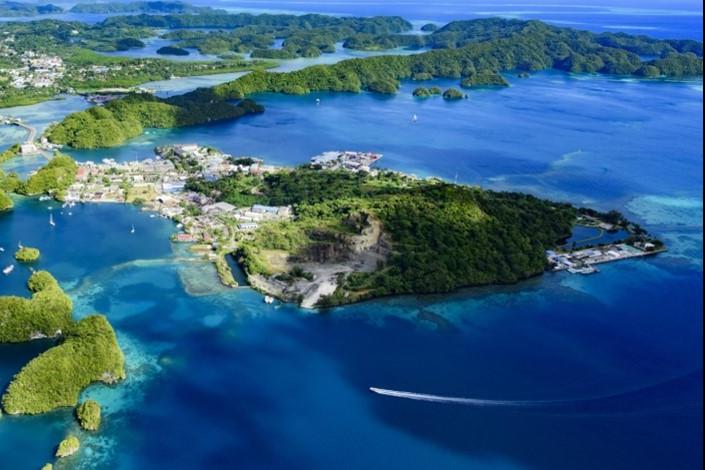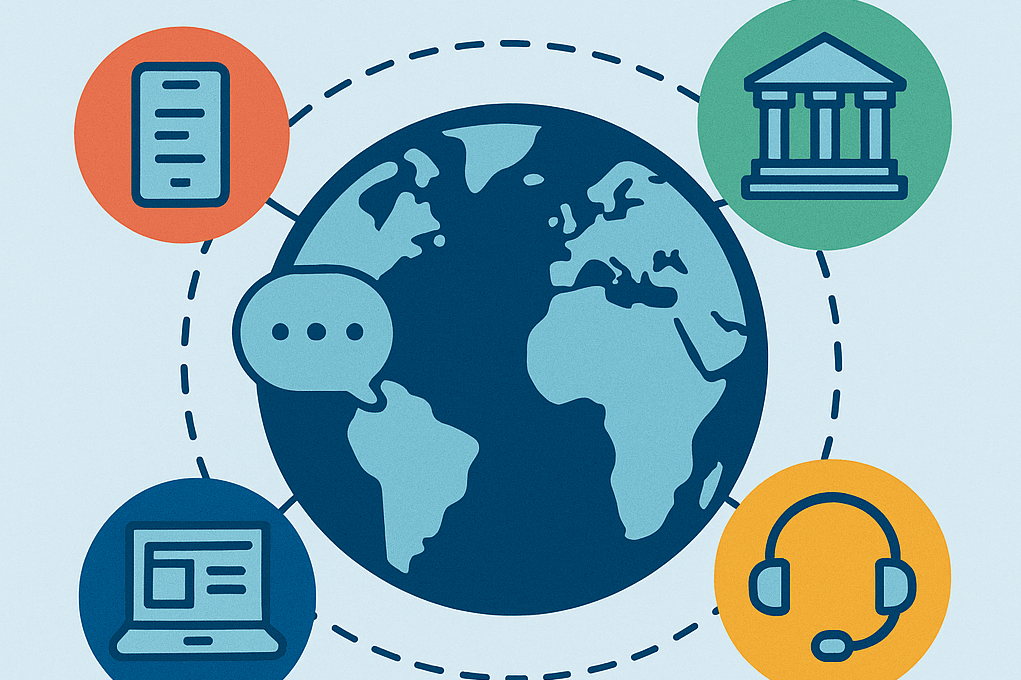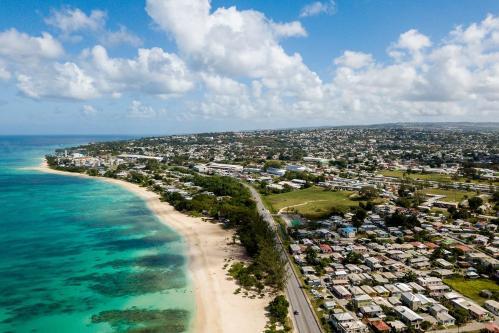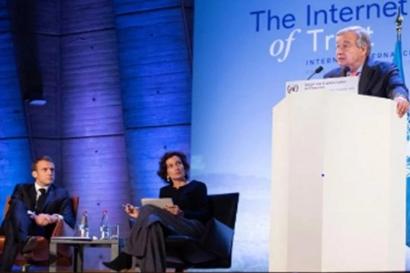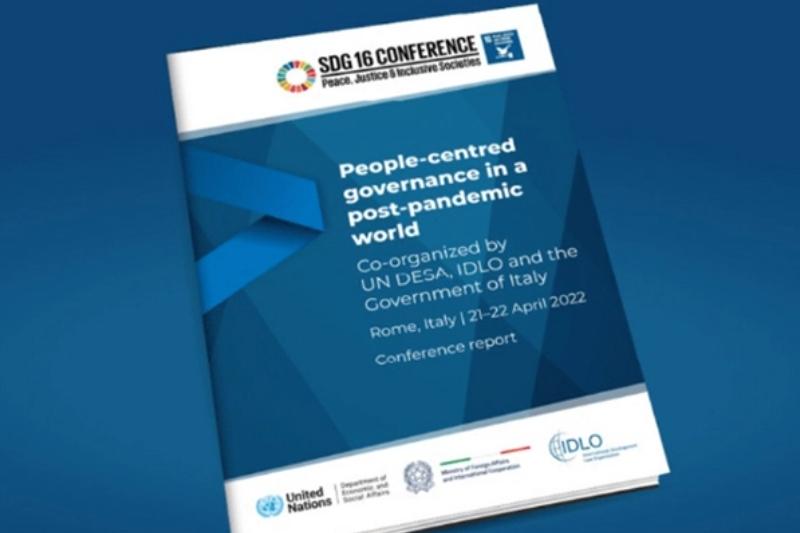About the project:
The project aimed to enhance the presence and leadership of women in public institutions at national and local levels in Mauritius and Senegal, Bhutan, and Lao People’s Democratic Republic. In partnership with ECA, ESCAP, RCOs in the respective Countries, UNDP and UN Women, it strengthened the capacity of these governments to develop and implement an action plan that prioritizes gender equality and promotes women’s career progression towards leadership positions in the public sector. The project also stimulated a South-South knowledge transfer and cross-fertilization by enhancing the awareness of a broader group of governments, such as the partnering countries of Cambodia, Sierra Leone, Solomon Islands, Vanuatu, and Zambia, on the importance of prioritizing gender equality in public administration.
Objective:
Enhance the presence and leadership of women in public institutions at national and local levels in selected countries of the Africa and Asia regions.
Beneficiaries:
Direct beneficiaries included high- and mid-level government officials from ministries and governmental institutions at the national and subnational levels. Indirect beneficiaries include citizens and communities at large.
Key Accomplishments:
i) Enhanced capacity of governments in the project countries to develop and implement action plans that prioritize gender parity in public administration at the national and local levels; and ii) Enhanced awareness and understanding of government officials in partnering countries on the importance of and how to prioritize gender parity in public administration.
Global activities:
Promoting Women's Presence and Leadership in Public Institutions: Insights from a Project in Bhutan, Lao PDR, Mauritius, and Senegal
The study Promoting Women's Presence and Leadership in Public Institutions: Insights from a Project in Bhutan, Lao PDR, Mauritius, and Senegal is based on the XB (Italy) project building capacities for promoting the presence and leadership of women within public institutions at national and local levels. It examines the strategies, progress and challenges in the four project countries and proposes recommendations for future initiatives aimed at advancing gender equality in public institutions
Gender-inclusive Leadership and Public Sector Innovation for Sustainable Development: Empowering Women Leaders for Future-ready Public Administration
The event was held during the UN Public Service Forum in Incheon, Republic of Korea, from 24 to 26 June 2024. The workshop showcased advancements in capacity development and strategies for enhancing gender equality in public administration. Drawing on insights from action plans formulated by Bhutan, Lao PDR, Mauritius, and Senegal, the event underscored the critical importance of increasing the presence and leadership of women in national and subnational public administration. Such efforts are pivotal in advancing gender equality, bolstering governance accountability, and fostering sustainable development.
Regional workshops aimed at promoting the presence and leadership of women within public institutions
The two workshops were held in Thailand from 22 to 25 April 2024 and Mauritius from 4 to 7 June 2024 to share countries’ experiences regarding strategies, policy changes, and institutional reforms aimed at fostering gender equality across all levels of public administration.”
Training modules on gender equality in public administration
Developed in partnership with UNDP, the modules aim to assist officials and policymakers to recognize and tackle gender equality disparities in public institutions.
Moodle platform on promoting the presence and leadership of women in public administration
This platform provides access to knowledge, resources and tools to help prioritize gender equality in public administration and promote women’s career progression towards leadership positions at the national and subnational levels of government.
Global Review of Existing Legislation and Organizational Policies and Analytical Framework for Promoting Women’s Access to Leadership Positions in Public Administration
This report, commissioned by UN DESA in the context of this project, highlights legislation and policies that promote women’s access to leadership positions in public administration in 15 countries. The report focuses on Sustainable Development Goals 5 and 16.
Global Review of Good Practices for Promoting Women’s Access to Leadership Positions in Public Administration
The report, commissioned by UN DESA in the context of this project, identifies good practices, trends, and lessons learned based on a desk review of country-level practices that are known to improve the representation and engagement of women in leadership roles in public administration around the globe. The report focuses on Sustainable Development Goals 5 and 16.
One-day virtual workshop, on 8 December 2022
The workshop organized by UN DESA in December 2022, presented the findings of the global review and the compilation of good practices that promote women’s access to leadership positions in public administration. It also presented the analytical framework to be used for the national in-depth reviews of gender gaps in public administration in Bhutan, Lao PDR, Mauritius and Senegal.
Summary information on the project:
Project Implementation arrangements: UN-to-UN agreements with UNDP country offices in Bhutan, Lao PDR, Mauritius and Senegal and UN Women Central and West Africa’s Office in Senegal.
Project page Link
 مرحباً بكم في الأمم المتحدة
مرحباً بكم في الأمم المتحدة 


